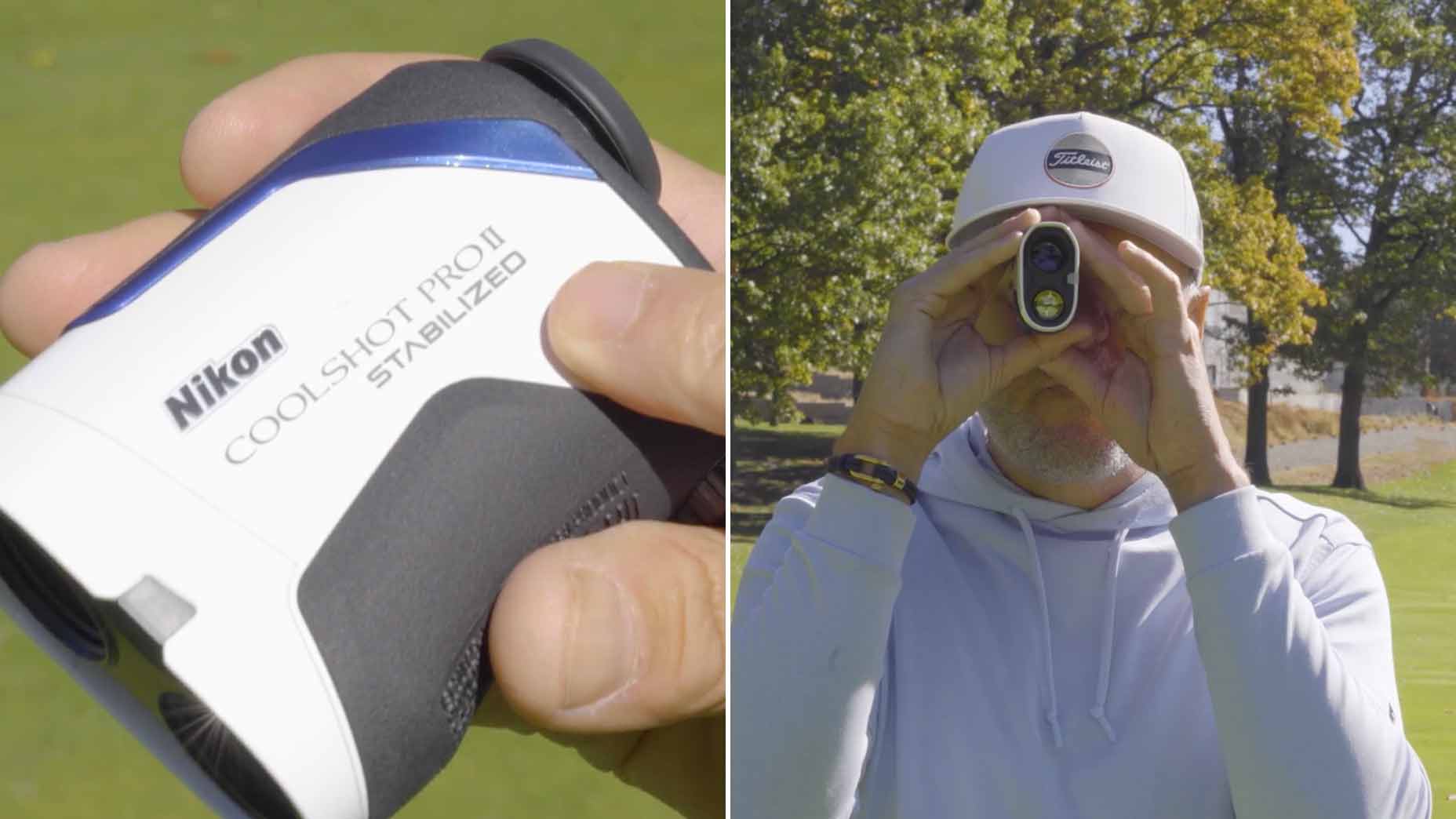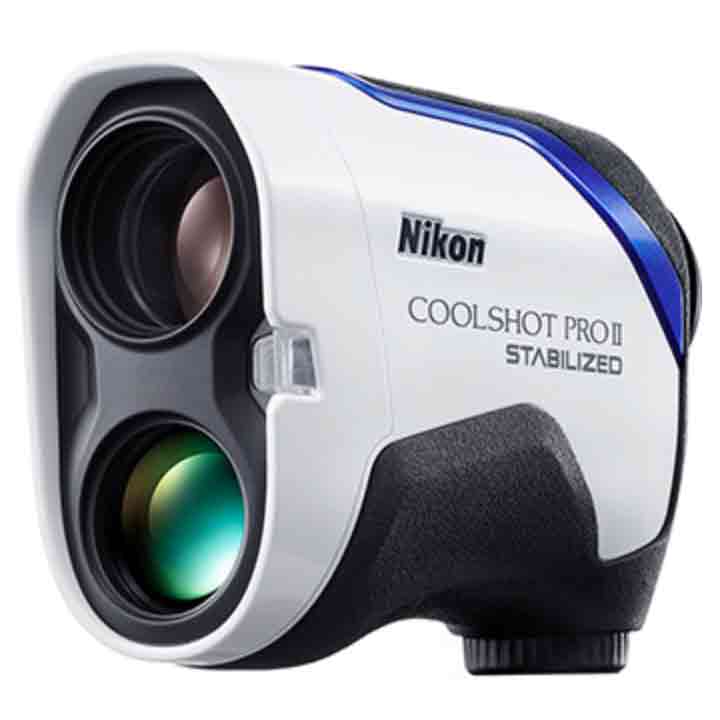Shriners will no longer serve as the title sponsor for the PGA Tour stop in Las Vegas, its vice president of sports told the Review-Journal on Thursday.
How to use a rangefinder to your advantage off the tee
In today’s edition of Shaving Strokes, GOLF Top 100 Teacher Jonathan Yarwood shares some tips on how to use a rangefinder from the tee box.
The post How to use a rangefinder to your advantage off the tee appeared first on Golf.
In today’s edition of Shaving Strokes, GOLF Top 100 Teacher Jonathan Yarwood shares some tips on how to use a rangefinder from the tee box.
The post How to use a rangefinder to your advantage off the tee appeared first on Golf.
Rangefinders are excellent tools that you can use to lower your scores. Instead of having to step off yardages — or worse, guess — you can get an accurate distance to the pin with the click of a button.
Most recreational players know this, and many have rangefinders of their own, which is great! But while they may have the tool, they don’t always use it in the most advantageous fashion.
A majority of the time for weekend warriors, the rangefinder only comes out of their bag on approach shots into the green. They zap the pin, pick a club and pull the trigger. However, approach shots are not the only time a rangefinder can come in handy.
The tee box — even on par 4s and par 5s — is a great place to pull out the rangefinder as well. You may not be aiming to get the ball on the green in these situations, but getting yardages to hazards and other landmarks is a great way to use this technology to your advantage.
“In general, if there’s a hazard, let’s say a bunker, you want to know how far it is short of it, how far it is to it, and how far it is over it,” says GOLF Top 100 Teacher Jonathan Yarwood. “There’s lots of information we need before the shot, and it dictates club selection.”
In the video above, we are playing a short par 4 at Alpine Country Club. The hole looks relatively simple, but there are many hazards to navigate on the tee shot. With a diagonal set of bunkers short of the fairway, and some bunkers long as well, it’s important we get the yardage to clear all the trouble, while also making sure the shot doesn’t run out into the hazard long.
“It’s about positioning yourself accurately to leave yourself a good yardage in,” Yarwood says. “We’ve mapped out the hole sufficiently and we’ve put ourselves in really good position for our next shot. This is how the Tour players are making their scores. They’re making intelligent choices.”
With a rangefinder in your hand, you too can map out the hole before you hit a shot to make sure you’re leaving yourself in the best spot possible to avoid trouble. If you can do that, your scores are sure to improve.
Nikon Coolshot Pro II Stabilized Rangefinder
The post How to use a rangefinder to your advantage off the tee appeared first on Golf.


